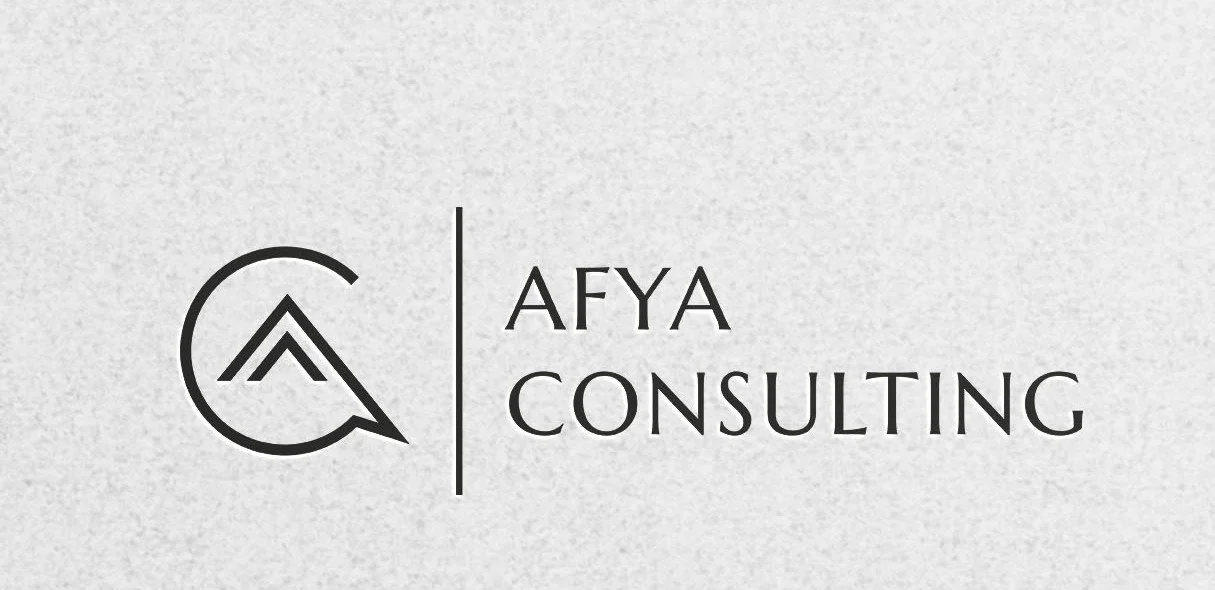Is Bigger Really Better?
Why Corporatization Isn’t Always the Answer—for You or Your Practice
It seems these days that everywhere we look, things seem to be getting bigger—bigger brands, bigger businesses, bigger mergers. From grocery stores to healthcare, the trend toward consolidation is accelerating. We’re being lulled into a familiar narrative: bigger is better. More efficient. More secure. More successful.
But is it really?
When it comes to healthcare—whether you're running a veterinary clinic, a physiotherapy practice, or a chiropractic office—bigger isn't always synonymous with better. The rise of corporatized care in Canada is accelerating. Investor-backed clinic chains are offering standardized services, scalable operations and growth at speed. It’s easier to be lulled into the “bigger is better” narrative – but is it?
The real answer: It depends on your values and career goals.
The Financial Picture: What Do Independent Clinics Really Earn?
Understanding the income potential of independently owned clinics is an important part of this conversation. After all, with the rising cost of living, even a $150,000 salary doesn't stretch as far as it once did. While actual revenues vary based on specialty, location, clinic size and other factors, here’s a general snapshot of average earnings across Canada:
🐾 Veterinary Clinics
Independent vet clinic owners typically earn $150K–$300K+ annually.
Larger or highly efficient clinics can yield over $500K, monthly revenue - especially in multi-vet models.
By comparison, associates in corporate-owned clinics may earn $95K–130K, with fewer opportunities for profit-sharing or equity.
🧍♀️ Physiotherapy Clinics
Full-time independent physiotherapists can gross $180K–250K, depending on location and caseload.
Clinic owners with multiple therapists often generate $500K–1M+ in annual revenue, with margins ranging 10–30%.
Corporate employers offer steady salaries (~$85K–110K) and benefits, but there are limits to independence.
🌀 Chiropractic Clinics
Sole practitioners report grossing $400K–600K annually in well-established clinics.
Profit margins average 25–35%, especially where overhead is tightly managed.
Corporate-affiliated chiros may earn less, but benefit from less administrative burden.
Corporatization: Pros & Cons
There’s no single right answer when it comes to clinic ownership or affiliation. But there are real differences to consider:
✅ What Corporate Models Offer
Administrative Support: HR, billing, compliance, and marketing are handled centrally.
Capital Access: Easier investment in new equipment, renovations, or new sites.
Recruitment Power: Ability to attract staff with competitive salaries and benefits.
Scalability: Rapid growth is possible, especially in urban centres.
❌ What You May Sacrifice
Clinical Autonomy: Corporate policies can dictate treatment protocols, pricing, and appointment times.
Flexibility: Less control over scheduling, staffing models, or client care decisions.
Values Alignment: The culture may prioritize efficiency and profitability over personalization.
Community Connection: Large, multi-site clinics often lack the deep roots of local practices.
Sooo….Is Bigger Actually Better - FOR YOU?
Ask yourself:
| Consideration | Independent Practice | Corporate Clinic |
|---|---|---|
| Autonomy | High—complete control of care and operations | Limited—must align with corporate policies |
| Income Potential | High (with risk)—owner profits & equity | Moderate—stable salary, limited upside |
| Lifestyle & Flexibility | Tailored to your preferences | Standardized; less freedom |
| Support Infrastructure | DIY or outsourced | Built-in systems and teams |
| Career Growth | Entrepreneurial—build your own legacy | Managerial track within larger system |
| Values Fit | Mission- or care-driven | Business- or system-driven |
It’s Not Black and White
Let’s be clear: running a small, values-driven practice doesn’t mean turning your back on performance or efficiency.
Independent doesn’t mean disorganized. In fact, most thriving independent clinics do monitor their key performance indicators—things like revenue per visit, patient retention, and staff productivity.
They do invest in better systems, smarter workflows, and clearer processes to grow sustainably and reduce burnout.
The question isn’t:
“Do you want to improve your operations and increase revenue?”
The real question is:
“Who do you want that improved profit to serve?”
In a corporate model, those gains often flow to shareholders or head office.
In an independent clinic, they stay with you—your team, your patients, your community.
So no, it’s not a choice between doing things “the hard way” or “the smart way.” It’s a choice between scaling your practice in a way that aligns with your values—or scaling someone else’s business instead of your own.
The Bottom Line: Choose What Aligns
Corporate care is not inherently bad. For some, it offers relief from the burden of ownership, along with structure, benefits, and career security.
But if your goals include autonomy, community leadership, or crafting a patient/client experience rooted in your own values—staying independent may be worth the extra complexity.
There’s no one-size-fits-all answer. The key is alignment.
🤝 Support for Independent Owners
If you’re reflecting on the right model for your next career chapter—or trying to strengthen your existing clinic—I can help.
Whether you want to:
Clarify your business model
Improve efficiency or staff retention
Plan for growth or succession
Stay small but sustainable
Let’s build a strategy that reflects your vision—not someone else’s bottom line.
Reach out to book a free 30 minute introductory call. I’d love to hear where you are—and where you want to go.
